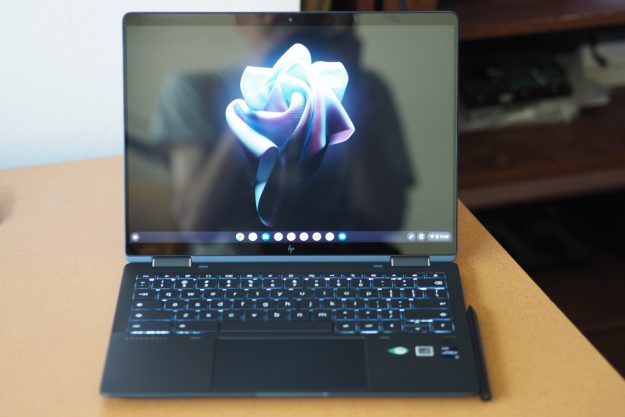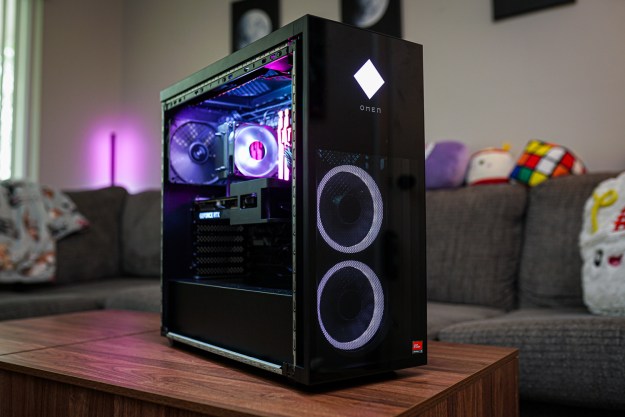Municipal broadband wireless networking, broadband television from telephone companies, battery-operated cars and microchip wafer polishing for more powerful semiconductors have been identified bythe editors of IEEE Spectrum as “winners” in a new special issue highlighting the best and worst of global technology.
For the report, the magazine’s editors considered more than 50 possibilities and selected winners and losers for 2005.
“There are lessons to be learned from both sides of the win/lose equation, including how projects fail even when they start out looking great on paper, and what makes a successful project tick,”said Glenn Zorpette, executive editor, IEEE Spectrum. “To pick the winning and losing projects, we judged their feasibility and whether or not what they are trying to accomplish is worthwhile.”
The results showcased some new and exciting technologies that have the potential to make major impacts on web surfing, computer use, television watching and automobile driving. The losers included technologies designed to thwart terrorists, improve energy use, help students learn science and protect intellectual property.
IEEE Spectrum’s technology winners are: * Las Vegas’s Metro Mesh Network pilot program to create a citywide broadband mobile wireless technology. This robust and easy-to-deploy technology will allow the city to serve a wide range of needs, from emergency responder communications to traffic light management. This new network is being developed by Cheetah Wireless Technologies, MeshNetworks and the City of Las Vegas Traffic Engineering Department.
* Electrochemical Mechanical Planarization from Applied Materials, Inc., Santa Clara, Calif., whose goal is to make possible the next-generation of smaller, faster, cheaper microchips.
* Internet-Protocol Television, delivering dozens of channels of video programming through a relatively low-speed broadband connection (2.2 megabits per second). This technology allows telephone carriers to compete with cable providers using their legacy copper networks instead of an expensive optical-fiber upgrade. The technology is under development in Zurich, Switzerland by Swisscom AG and Microsoft Corp.
* Ultracapacitor Development Project, under way in Yongin, Korea by NessCap to reduce the cost of ultracapacitors and find new markets for them. Ultracapacitors are superior to batteries in many respects and are expected to be used increasingly to improve the performance of hybrid-electric and fuel-cell cars.
Mr. Zorpette said that the magazine’s editors considered specific projects, not companies or classes of technology. “For winners, the project must in some sense be novel; its beneficial social, economic or environmental outcomes must outweigh any negatives. The likelihood of the project’s success must be evident from the fact that the project seems clearly poised to capitalize on clear-cut trends in business, technology, society or government,” he said.
This year’s losers were selected based on several factors. The technology must have negative outcomes that outweigh its positives. Its poor chances of success are evident because the project is at odds with trends in its niche. Or the project’s technology didn’t work or seems to have a good chance of not working.
The losers include electronic passports being developed by the U.S. Department of State, among others, to thwart terrorists and the Bavarian Solarpark created to partially replace Germany’s nuclear and fossil fuel power plants with homegrown solar power. Additional losers are Digital Aristotle from Vulcan, Inc., Seattle, an artificial intelligence project that creates electronic tutors for science students; and AACS (Advanced Access Content System), being developed by IBM, Intel, Microsoft, Panasonic (Matsushita Electric), Sony, Toshiba, Disney and Warner Bros. Studios, to copy-protect next-generation DVDs.
To come up with their final lists of winners and losers, the IEEE Spectrum staff relied heavily on the global resources of the IEEE, a professional organization whose members include nearly 400,000 engineers, computer experts and technologists. The January 2005 issue of IEEE Spectrum is available by subscription, on many newsstands throughout the Northeastern United States and online at http://www.spectrum.ieee.org.



